READY TO GET STARTED?
REQUEST A FREE ESTIMATE
Fill out the form below or call (888) 466-7849 for a free, no-obligation estimate.
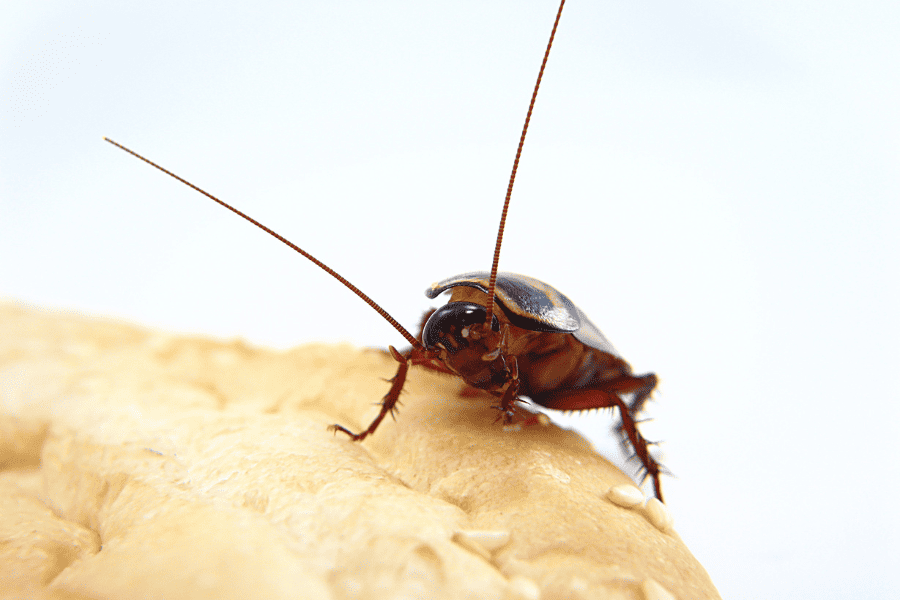
Cockroaches are one of the most common household pests that Florida residents will deal with. While these pests won’t cause structural damage, they can be a health risk to you and your family as they will transmit diseases and contaminate food. Spotting a roach inside your home doesn’t always mean your home is dirty, as roaches can easily get into the cleanest of homes to look for food, water, and shelter. One question homeowners often ask is “How can I stop roaches?” One of the best ways you can prevent them from entering your home is to understand how they can get inside in the first place and familiarize yourself with the cockroach prevention tips that you can utilize.
Roaches can be extremely resourceful when trying to enter homes. These small insects will flatten themselves to be able to crawl through the smallest holes and cracks leading inside a building, including openings around your foundation and utility pipes leading inside the home. Likewise, they will squeeze through any available openings around doors and windows, whether it’s gaps or if it’s been open too long. Roaches are known to hitchhike and lay their eggs on certain items to get inside the home, including luggage, backpacks, used furniture, used appliances, and packages.
One of the best ways you can stop roaches is to create an environment they aren’t attracted to that will deter them away. Check out our common roach preventative tips to consider:
Cockroaches are extremely resilient and once an infestation occurs, they can grow overnight! If you’ve noticed one too many roaches than you are comfortable with, contact a pest control company near you for a free evaluation and the recommended pest control treatment and prevention plan based on your current pest situation.
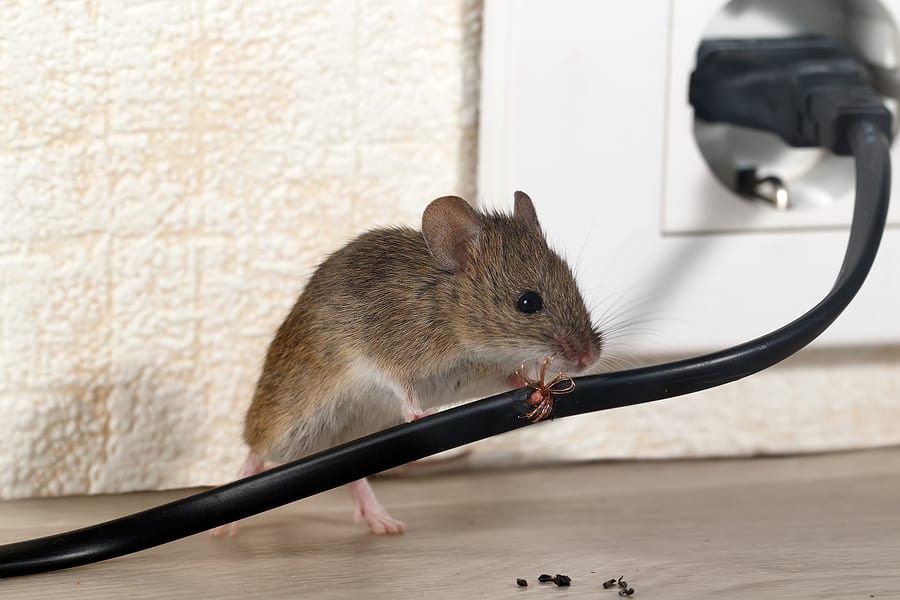
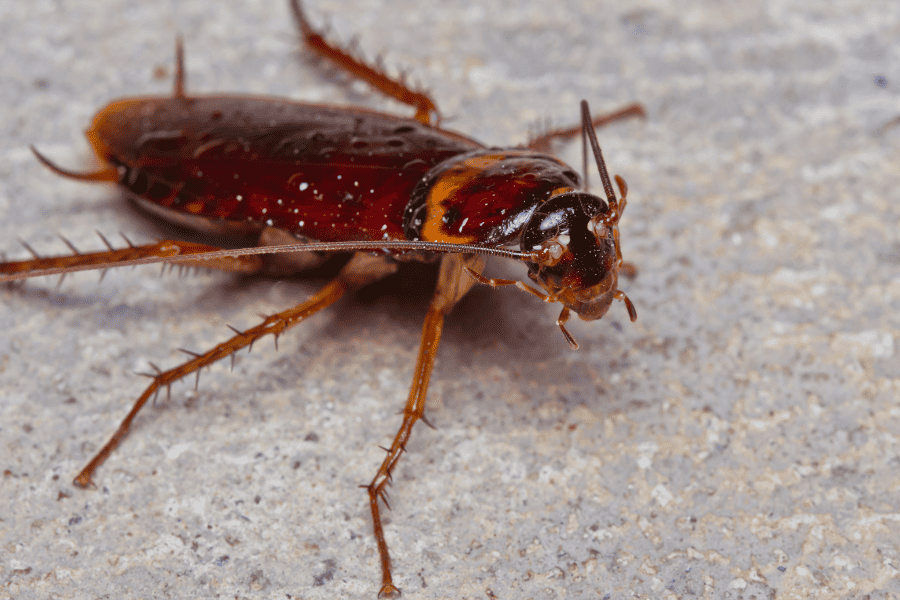
Cockroaches are common household pests seeking a warm environment to provide them with food and water. These pests can pose a serious health risk to humans as they transmit diseases and trigger allergies and asthma. Roaches will utilize any small hole, gap, or cervices to enter your home. They are also known to hitch a ride inside grocery bags, boxes, and used appliances.
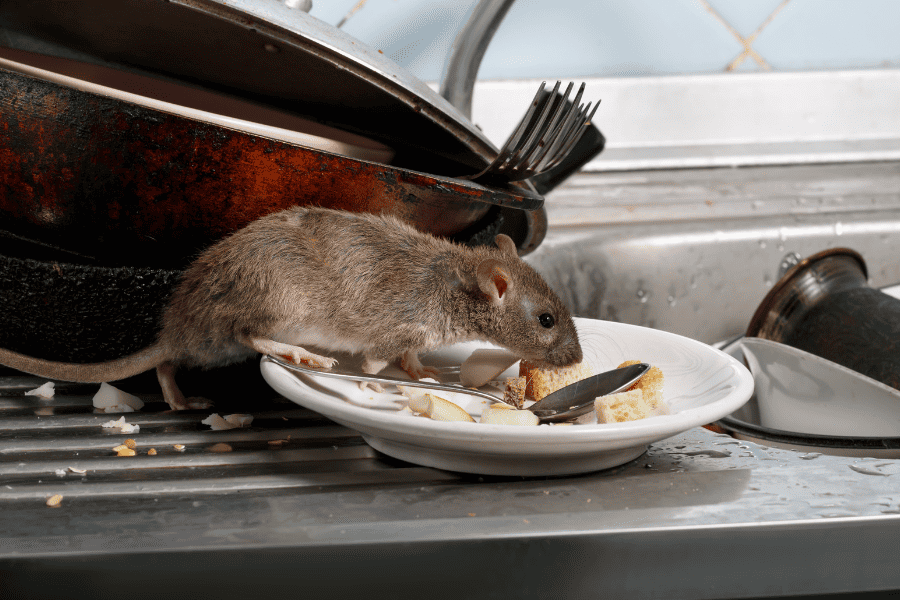
Rodents, including rats and mice, are year-round pests but they can become a major problem as the winter season approaches. Rodents will seek out warmth, food, shelter, and water inside our homes, squeezing through small holes and gaps to get inside. Mice and rats can cause damage to our homes and be a health risk to humans as they are known to chew through insulation, wiring, wood, and contaminate surfaces through their droppings.
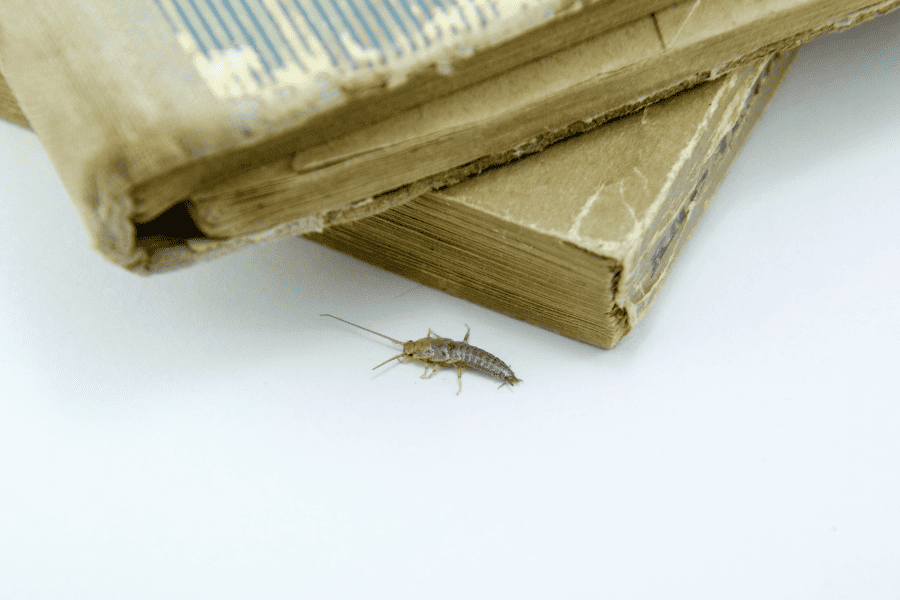
These pests will look to your basements and bathrooms to seek a damp, cold place to live in. While silverfish are harmless to humans, they can invade in numbers, and cause them to be a major nuisance to remove them. These pests will often gain access to your home by hitching a ride through the items you’ve taken out of storage in your garage or attic. Silverfish will also feed on your books, glue, wallpaper, and boxes.
It might seem impossible to deter wildlife creatures from your home during the winter but by placing certain preventative measures throughout your property, you can avoid their infestation! Check out these winter pest control tips when you want to keep these pests away:
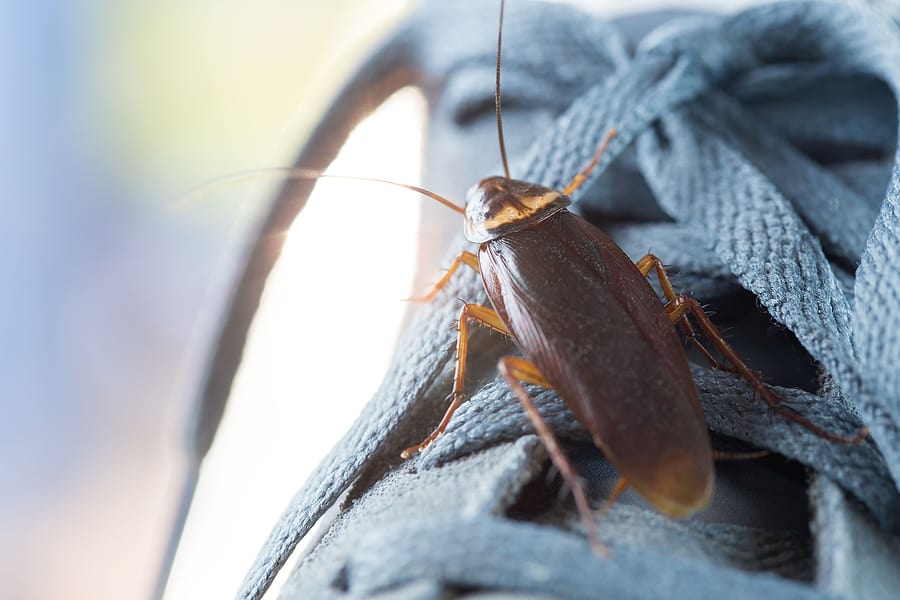
Seeing roaches in your Lauderdale Lakes home?
Roaches are highly adaptable creatures and can find their way inside your home through the tiniest of gaps. Once they begin reproducing is when you start to see the problems that roaches bring. Understanding the factors that attract these pests into your home is the first step to preventing them!
Roaches prefer to eat sugar, carbs, and protein but will eat about anything they can find. Regularly clean up any leftover food, spills, or crumbs on tables, countertops, and appliances, especially after cooking or eating a meal. After a grocery trip or storing leftovers, look to place your food in airtight containers. Be sure to also empty your trash at least once a week and clean out the trash container of any spilled liquids or leftover food regularly.
Did you know that roaches can survive without water for 2 weeks? It’s true! Despite this, they still seek out water as much as they can and will enter homes if they’ve found it. It’s important to remove any standing water inside or outside of your home. Look to remove water near drains and sinks, particularly overnight. Your crawlspace and basement can create excess moisture; consider utilizing a dehumidifier or installing a moisture barrier or crawlspace enclosure to help.
Roaches love clutter, making it essential to remove any unnecessary items from your home, garage, and attic. Get rid of any old cardboard boxes, newspapers, and magazines. Check your interior walls, skirting, electrical outlets, baseboards, sinks, and cabinets for any gaps or openings, sealing them as soon as possible. Make sure your windows and doors are sealed and consider utilizing weatherstripping. Likewise, ensure all your exterior lighting turns off at night as it can attract rodents and household pests.
If you notice more roaches than normal in your Lauderdale Lakes home, be sure to give your local pest control company a call today for a free inspection and a customized pest plan to help prevent cockroaches!
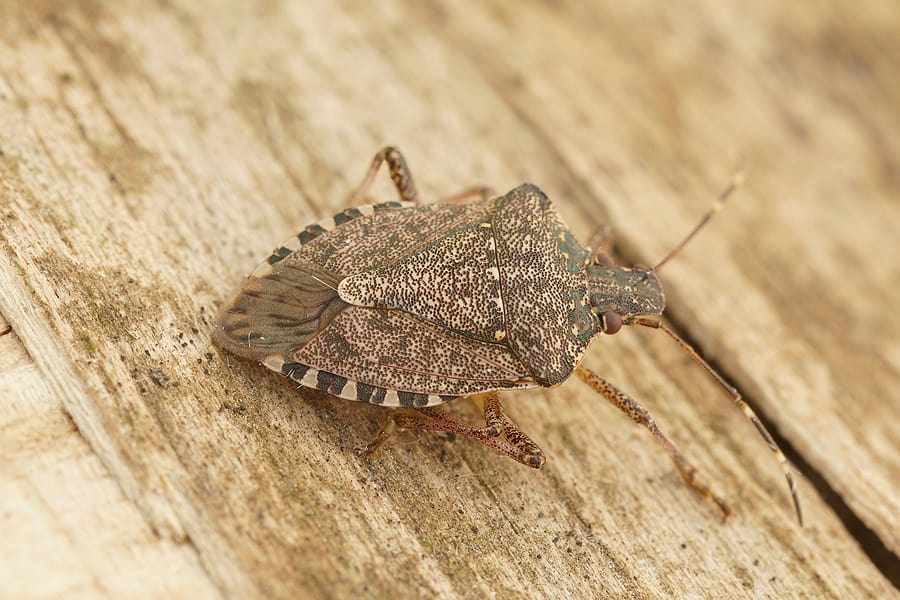
As the leaves change color and the temperature begins to drop, many people in Georgia eagerly await the arrival of fall. However, along with the beauty of this season comes a new set of challenges for homeowners – the invasion of fall pests. These household pests are often seeking shelter and warmth as they prepare to overwinter, making your cozy home an inviting destination. In this blog post, we’ll explore some common fall pests in Georgia and provide valuable tips on how to prevent their intrusion.
While fall brings cooler weather and beautiful landscapes to Georgia, it also heralds the arrival of these common fall pests. Preventing these pests from entering your home is crucial to maintaining a pest-free environment. Don’t let these overwintering pests ruin your autumn. Contact your local pest control company today for a free pest control quote to help protect your home and family.
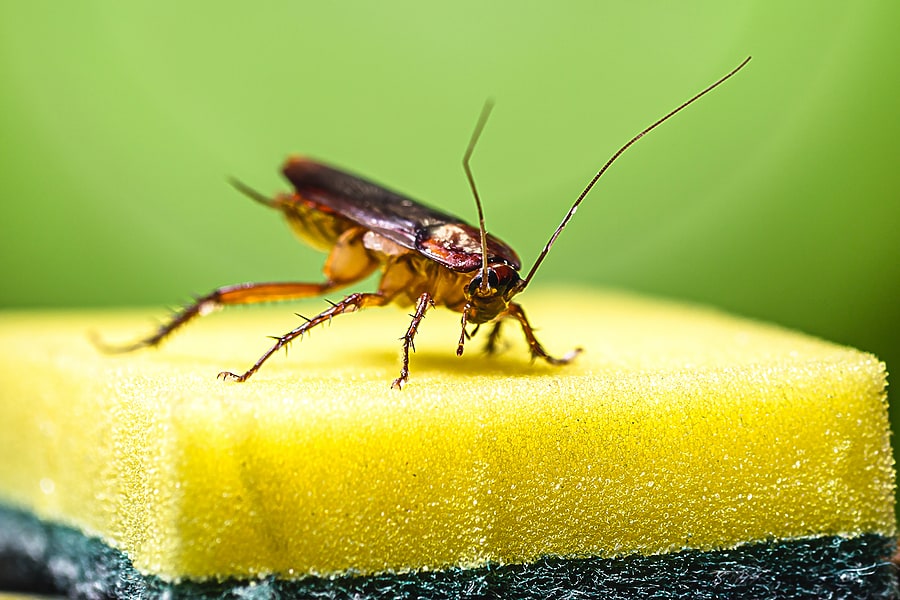
Roaches are common household pests that are highly resilient and difficult to eliminate. They reproduce quickly, making them hard to keep under control once an infestation has been established. Cockroaches will infest anywhere they can find an available supply of food, water, and shelter. They are commonly found in areas near food and moisture (kitchens and bathrooms). They are also prevalent in multiunit housing (apartments, condos, etc.). Once established in your home, roaches can cause serious health risks for you and your family. Here are some of the reasons roaches are dangerous to your health.
Roaches are known to carry at least 30 different types of bacteria including typhoid fever, cholera, dysentery, and poliomyelitis. They spread these diseases to humans by contaminating food and surfaces in our home. We can also inhale bacteria from the air near a cockroach infestation.
The allergens roaches carry can trigger asthma in those who are already afflicted with it. They are also known to cause asthma in those who didn’t previously have it. The incidence of allergic reactions can increase when roaches are present in the home. They are triggered by cockroach debris, including discarded shells, saliva, body parts, and feces. Their saliva is also known to cause skin rashes and sneezing.
Roaches can be found scavenging through the trash, dumpsters, on spoiled food, and even feces. They pick up contaminants from these surfaces as they crawl through them which stick to their legs and bodies and are then left behind as they crawl across our food and clean surfaces. When we eat food or touch surfaces that have been contaminated by roaches, it can cause sickness for us, as well.
Making your home less inviting to roaches is the first step in preventing them. Here are some cockroach prevention tips you can utilize in your home.
If you have a problem with roaches or other household pests, contact your local pest control company for an inspection.